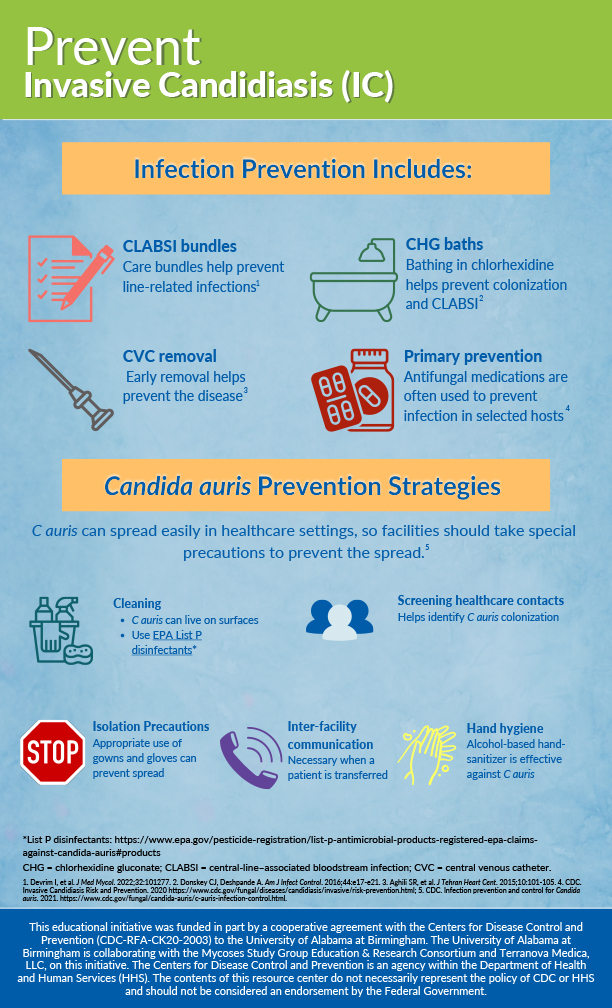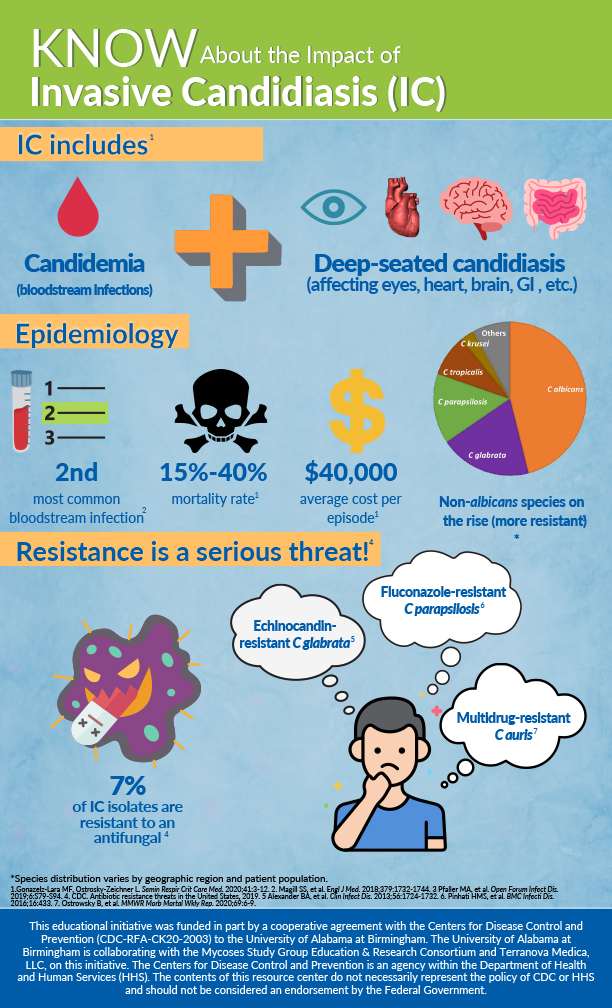Discover the surprising natural remedies and cutting-edge treatments that can finally help you combat yeast infections effectively for good!
Table of Contents
- Introduction: Understanding Yeast Infections
- Signs and Symptoms of Yeast Infections
- Causes of Yeast Infections
- Prevention Strategies
- Common Treatment Options
- When to See a Doctor
- Home Remedies and Lifestyle Changes
- Myths vs. Facts
- How to Talk About Yeast Infections
- Summary: Staying Healthy and Yeast-Infection-Free
- FAQs About Yeast Infections
Introduction: Understanding Yeast Infections
Yeast infections may sound scary, but they are actually quite common. Let’s learn more about what a yeast infection is and why it’s essential to know about it. One specific type of yeast infection that often affects the vagina is called candidiasis. This condition can impact a person’s vaginal health, so it’s crucial to understand how to combat it.
What is a yeast infection?
A yeast infection is an overgrowth of a type of fungus called Candida. This yeast exists naturally in our bodies, but sometimes it can grow too much in moist and warm places like the vagina. When this happens, it can cause itching, irritation, and discomfort, which are signs of a yeast infection.
Signs and Symptoms of Yeast Infections
When it comes to yeast infections, there are some common signs and symptoms you should be aware of. These signs can help you identify if you might have a yeast infection that needs attention. Here are some things to look out for:
Itching and Irritation
One of the most noticeable symptoms of a yeast infection is itching and irritation in the vaginal area. You might feel uncomfortable and want to scratch, but it’s important not to because it can make things worse.
Unusual Discharge
If you notice a change in your vaginal discharge, such as it becoming thicker, white, or having a cottage cheese-like texture, it could be a sign of a yeast infection. The discharge might also have a yeasty smell.
Redness and Swelling
Redness and swelling in the vaginal area can indicate a yeast infection. If you see any unusual changes in the appearance of your genital area, it’s essential to pay attention and seek help if needed.
Pain or Burning Sensation
Feeling pain or a burning sensation when you urinate or have intercourse can also be a sign of a yeast infection. If you experience this, it’s important to talk to a parent or guardian about it.
Remember, if you notice any of these signs and symptoms, it’s essential to seek help from a healthcare professional to get the right treatment and feel better soon.
Causes of Yeast Infections
Yeast infections can be caused by a variety of factors that disrupt the natural balance of yeast and bacteria in the body. Let’s explore some of the common causes in simple terms.

Image courtesy of www.pinterest.com via Google Images
Imbalance of Good and Bad Bacteria
Our bodies have both good and bad bacteria living in them. When the balance between these bacteria is upset, it can lead to the overgrowth of yeast, causing an infection.
Weak Immune System
Having a weak immune system can make it easier for yeast to grow and cause an infection. That’s why it’s important to keep your body healthy by eating well and getting enough sleep.
Antibiotics
Sometimes, taking antibiotics to fight off bad bacteria can unintentionally kill off good bacteria too. This can upset the balance in your body and result in a yeast infection.
Sugary Foods
Yeast loves sugar, so consuming too many sugary foods and drinks can feed the yeast in your body and lead to an overgrowth, causing an infection.
By understanding these causes, you can take steps to prevent yeast infections and maintain good vaginal health.
Prevention Strategies
When it comes to preventing yeast infections, there are a few simple steps you can take to keep your vaginal health in check. By following these strategies, you can reduce the chances of experiencing the discomfort and inconvenience caused by a yeast infection.
Maintaining Vaginal Health
One of the most effective ways to prevent yeast infections is by maintaining good vaginal health. This means practicing proper hygiene habits such as washing your genital area with mild soap and water regularly. Avoid using harsh chemicals or scented products that can disrupt the natural balance of bacteria in your vagina. Additionally, wearing cotton underwear and avoiding tight-fitting clothing can also help promote vaginal health.
Probiotics as a Preventive Measure
Probiotics are beneficial bacteria that can support a healthy balance of microorganisms in your body, including in the vagina. By incorporating probiotic-rich foods like yogurt with live cultures into your diet, you can help maintain a healthy environment in your vagina, making it less hospitable for yeast to thrive. Probiotic supplements are also available and can be a convenient way to ensure you are getting enough of these beneficial bacteria.
Common Treatment Options
When it comes to treating yeast infections, there are several options available. The two main types of treatments are antifungal medications and probiotics. Let’s take a closer look at each:

Image courtesy of www.findatopdoc.com via Google Images
Antifungal Treatments
Antifungal medications are specifically designed to combat the growth of yeast in the body. These medications work by targeting the yeast cells, either killing them or preventing them from multiplying. They come in various forms such as creams, suppositories, or oral medications. These treatments are typically prescribed by a doctor and are highly effective in treating yeast infections.
Using Probiotics for Treatment
Probiotics are beneficial bacteria that can help restore the natural balance of microorganisms in the body. By introducing good bacteria into the system, probiotics can help fight off the overgrowth of yeast that causes infections. They are available in many forms, including capsules, yogurts, and even some fermented foods.
When to See a Doctor
If you ever suspect that you might have a yeast infection, it’s essential to understand when it’s time to seek help from a doctor. While yeast infections can be common and often easily treatable, there are instances where medical advice is crucial.
Why See a Doctor
If you have never had a yeast infection before and are experiencing symptoms like itching, burning, or unusual vaginal discharge, it’s advisable to consult with a healthcare provider. Seeking medical guidance can help confirm the diagnosis and ensure that you receive the appropriate treatment.
| Treatment Method | Effectiveness | Cost | Safety |
|---|---|---|---|
| Over-the-counter antifungal creams | High | Low | Moderate |
| Prescription oral antifungal medications | Very high | Medium | Low |
| Home remedies (e.g. yogurt, garlic) | Variable | Low | Low |
| Probiotics | Low | Medium | High |
Complications or Severe Symptoms
In some cases, yeast infections can lead to complications, especially if the infection worsens or spreads to other parts of the body. If you notice severe symptoms such as intense pain, swelling, or fever along with your yeast infection, it’s essential to see a doctor immediately.
Recurrent Infections
For individuals who experience recurrent yeast infections, seeking assistance from a healthcare professional is vital. Your doctor can help identify possible underlying causes contributing to the frequent infections and suggest personalized treatment options to prevent future occurrences.
Consult Before Self-Treatment
If you are considering using over-the-counter antifungal medications to treat a yeast infection, it’s recommended to first consult with a healthcare provider. They can provide guidance on the most suitable treatment and ensure that the infection is effectively addressed.
Remember, your doctor is there to help you stay healthy and address any concerns you may have about yeast infections. Don’t hesitate to seek medical advice if you feel unsure or if your symptoms persist despite attempting home remedies or over-the-counter treatments.
Home Remedies and Lifestyle Changes
One of the best ways to support your vaginal health is by practicing good hygiene. Make sure to wash gently with mild soap and water every day. Avoid using harsh products that can disrupt the natural balance down there.

Image courtesy of funguseducationhub.org via Google Images
Avoid wearing tight clothing or synthetic materials like nylon underwear. Opt for breathable cotton underwear to keep things cool and dry.
Eating a balanced diet rich in fruits, vegetables, and whole grains can also help keep your body in balance and support a healthy immune system.
Probiotics, which are good bacteria that live in your gut, can also be beneficial for maintaining vaginal health. You can find probiotics in yogurt or as supplements.
Stay hydrated by drinking plenty of water throughout the day. Water helps flush out toxins and keeps your body in optimal condition.
Getting enough sleep is crucial for overall health, so make sure you’re getting the recommended amount of rest each night.
Myths vs. Facts
Facts: While it is true that yeast infections are more common in women, men can also get them. Yeast infections can occur in various parts of the body, including the mouth, skin folds, and genital areas.
Myth: Yeast infections are caused by poor hygiene
Facts: Yeast infections are actually caused by an overgrowth of a type of fungus called Candida. While good hygiene practices can help prevent yeast infections, they are not always the cause of them.
Myth: Yeast infections are always sexually transmitted
Facts: Yeast infections are not always sexually transmitted. They can occur due to a variety of reasons, including hormonal changes, antibiotic use, weak immune system, and more.
Myth: Yeast infections will go away on their own
Facts: While mild yeast infections may clear up on their own, more severe cases often require treatment. It is essential to seek medical advice if you suspect you have a yeast infection.
How to Talk About Yeast Infections
When it comes to discussing yeast infections with your parents or guardians, it’s essential to remember that it’s a perfectly normal topic to bring up. Yeast infections are common and can happen to anyone, so there’s no need to feel embarrassed or scared about talking about it. Here’s a simple guide on how to approach the conversation:

Image courtesy of funguseducationhub.org via Google Images
Tips for Talking to Your Parents
If you think you might have a yeast infection or if you’re curious about learning more, it’s a good idea to find a quiet time to talk to your parents. You can start the conversation by saying something like, “I’ve been reading about yeast infections and I’d like to know more about them.” This can open up a dialogue where your parents can provide you with information and support.
Honesty is Key
Being honest with your parents about any symptoms you might be experiencing is important. They are there to help you feel better and get the right treatment if needed. Remember, your parents want what’s best for you, so being open about how you’re feeling can lead to getting the help you need.
Ask Questions
Don’t be afraid to ask questions if you’re unsure about anything related to yeast infections. Your parents or guardians are there to answer your questions and provide you with accurate information. Understanding what a yeast infection is and how to prevent it is essential for keeping your vaginal health in check.
By approaching the topic of yeast infections with openness and honesty, you can ensure that you stay informed about your body and know when it’s necessary to seek medical help if you suspect you have a yeast infection.
Summary: Staying Healthy and Yeast-Infection-Free
In conclusion, it’s essential to understand that yeast infections can occur, but with proper care and knowledge, they can be prevented. By focusing on vaginal health, which includes maintaining good hygiene practices, and considering the use of probiotics, you can reduce the chances of developing a yeast infection.
If a yeast infection does occur, treatments like antifungal medications and probiotics can help alleviate the symptoms and restore balance to the body. Remember, it’s important to seek medical advice when needed to ensure that the infection is properly addressed.
By following these simple guidelines and being aware of your body and its needs, you can stay healthy and yeast-infection-free. Take charge of your health and don’t be afraid to ask for help when necessary. Your well-being is important!
FAQs About Yeast Infections
As you learn more about yeast infections, you may have some questions. Let’s address a few common ones:
What Causes Yeast Infections?
Yeast infections are usually caused by a type of fungus called Candida. This fungus can grow too much in the body, leading to an infection. Factors like antibiotics, a weakened immune system, and warm, moist environments can contribute to the overgrowth of yeast.
How Do You Treat Yeast Infections?
There are different ways to treat yeast infections. Doctors often prescribe antifungal medications to help clear up the infection. Additionally, using probiotics can promote the growth of good bacteria in your body, which can help fight off yeast overgrowth.
Can I Prevent Yeast Infections?
Absolutely! You can lower your risk of getting a yeast infection by practicing good vaginal health habits. Make sure to keep the vaginal area clean and dry, wear breathable underwear, and avoid using scented products that might disrupt the natural balance of your body.





